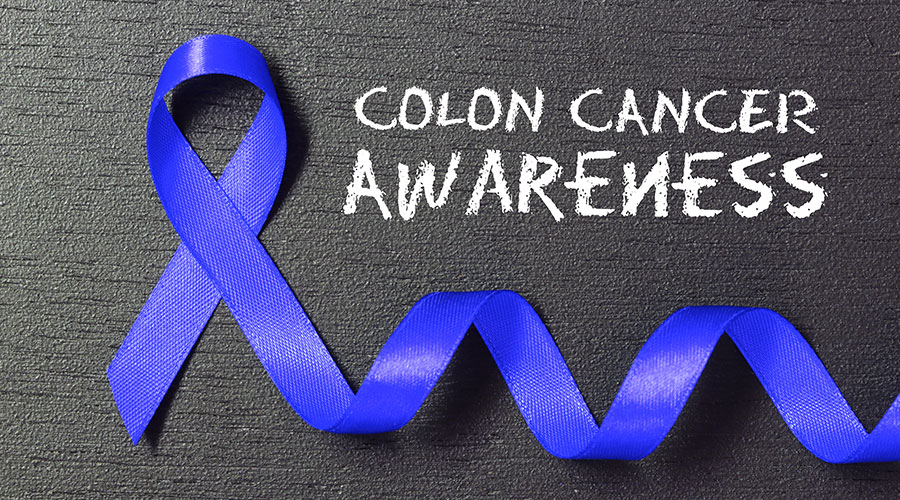Too many people skip colon cancer screening

Colorectal cancer is among the leading causes of cancer deaths in New York state, but roughly one-third of adults who should be checked for the disease have not been screened. An Excellus BlueCross BlueShield review of 2020 health data found that 71.5 percent of adults are up to date on screening recommendations, while 28.5 percent are either not up to date or have never been screened. More than 9,000 new cases of colorectal cancer are diagnosed each year in New York state, and about 3,000 adults in the state die each year from the disease.
“Some might think that fear of catching COVID-19 is a top reason people are not booking screenings for colorectal cancer, however, the current statistics are within a few points of pre-pandemic levels,” says Lorna Fitzpatrick, MD, vice president medical affairs for Safety Net programs and senior medical director Excellus BCBS. According to the Centers for Disease Control and Prevention, in 2018, prior to the pandemic, 68.8 percent of all adults ages 50 to 75 years old of average risk were screened for colorectal cancer, and in 2016, the number was 67.3 percent.
Worry about catching COVID-19 cannot totally be discounted. In a December 2021 survey of upstate New York adults conducted by Excellus BCBS, 41 percent of respondents reported avoiding an in-person health care visit (for example, at a doctor’s office or hospital) due to COVID concerns within the past six months.
“For colorectal cancer screening, there are some at-home options, if deemed appropriate by the patient’s physician,” says Fitzpatrick. At-home screening includes the take-home high sensitivity fecal occult blood test (FOBT), the fecal immunochemical test (FIT), and the multitargeted stool DNA test (FIT-DNA). The other methods of screening for the disease – colonoscopy, the flexible sigmoidoscopy, and CT colonography – are conducted by a physician in a medical office or hospital.
The U.S. Preventive Services Task Force recommends that average-risk adults ages 45 to 75 get screened for colorectal cancer. Individuals who have risk factors, including a family history of colon cancer or previous polyps, may need to have their first screening at a younger age and/or more frequently.
“Screening saves lives and is covered in full as an essential benefit of all health insurance plans,” says Fitzpatrick. “There’s really no good excuse for not being screened.” She advises asking your health care professional about when and how you should be screened for colorectal cancer.
March is National Colorectal Awareness Month. The American Cancer Society offers a free online library of information on the disease at www.cancer.org.
Provided information



